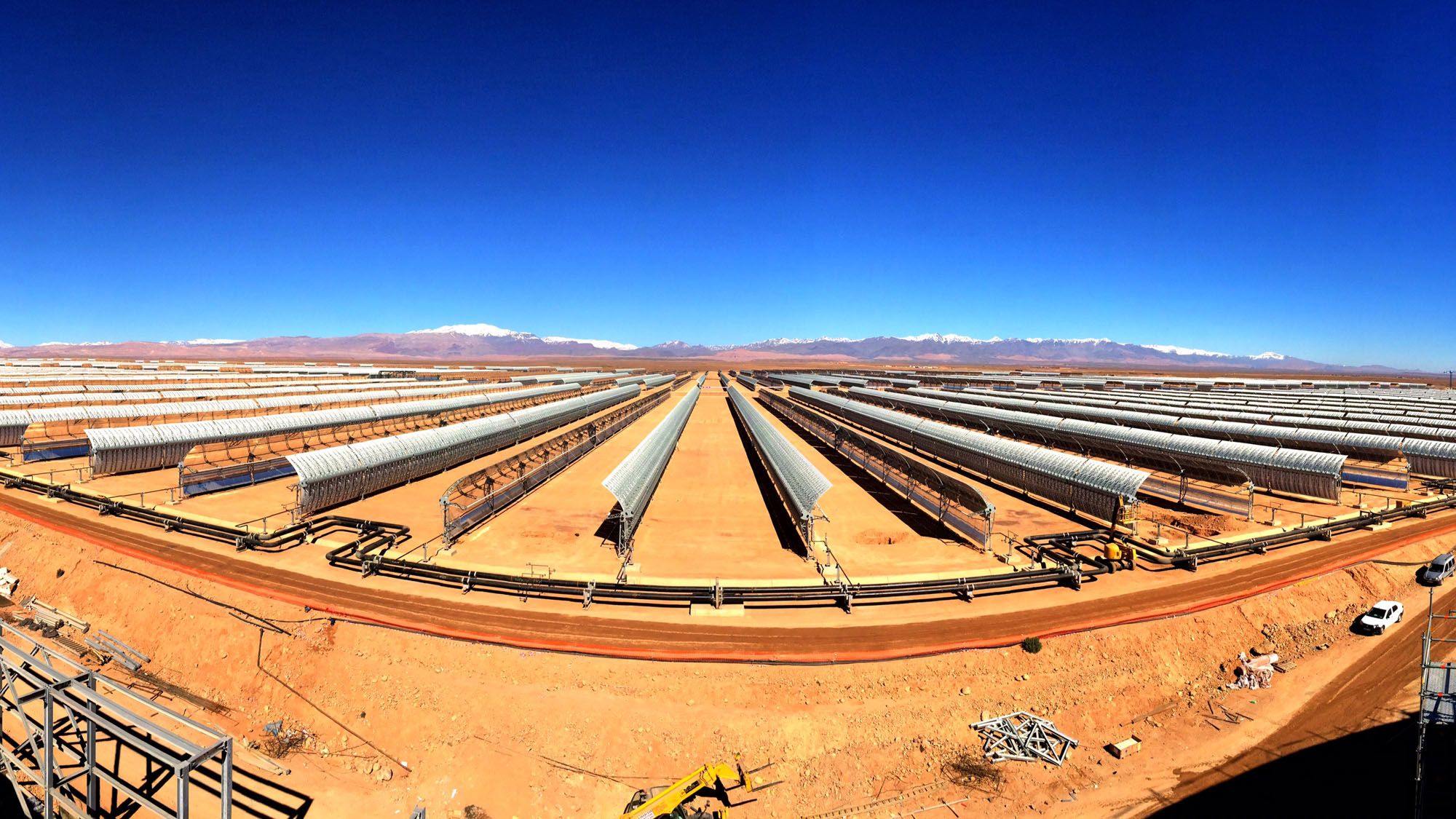Solar plant developments in Morocco have reached a significant milestone, supplying electricity to nearly fifty percent of the country’s population. This achievement highlights the growing importance of renewable energy in reducing dependence on fossil fuels and promoting environmental sustainability. As Morocco pushes forward with its ambitious energy plans, this project serves as a critical step toward cleaner power sources and greater energy security. The initiative reflects both government commitment and international cooperation, aiming to create a more resilient and sustainable energy future.
Morocco’s Solar Plant Sets New Standards in Renewable Energy
The solar plant represents one of the largest renewable energy projects in Africa. With cutting-edge technology and strategic planning, it generates vast amounts of electricity through concentrated solar power systems. This method efficiently captures and converts sunlight, allowing Morocco to capitalize on its abundant solar resources. Furthermore, the project has created numerous jobs, contributing positively to the local economy. The country’s infrastructure has also improved, supporting a more reliable energy grid capable of meeting increasing demands. This breakthrough demonstrates how effective deployment of clean energy can drive economic growth and environmental benefits simultaneously.
Expanding the Impact of Morocco’s Solar Plant
Looking ahead, Morocco plans to expand its renewable energy portfolio by integrating other green technologies alongside solar power. Efforts to improve energy storage solutions and grid management are underway to ensure stable electricity supply, even during non-sunny periods. The government continues to attract international investments, reinforcing its position as a leader in sustainable energy. Moreover, educational programs and community involvement initiatives raise awareness about renewable resources and encourage responsible energy consumption. These combined efforts position Morocco as a model for other nations aiming to transition toward cleaner energy systems while supporting national development goals.
